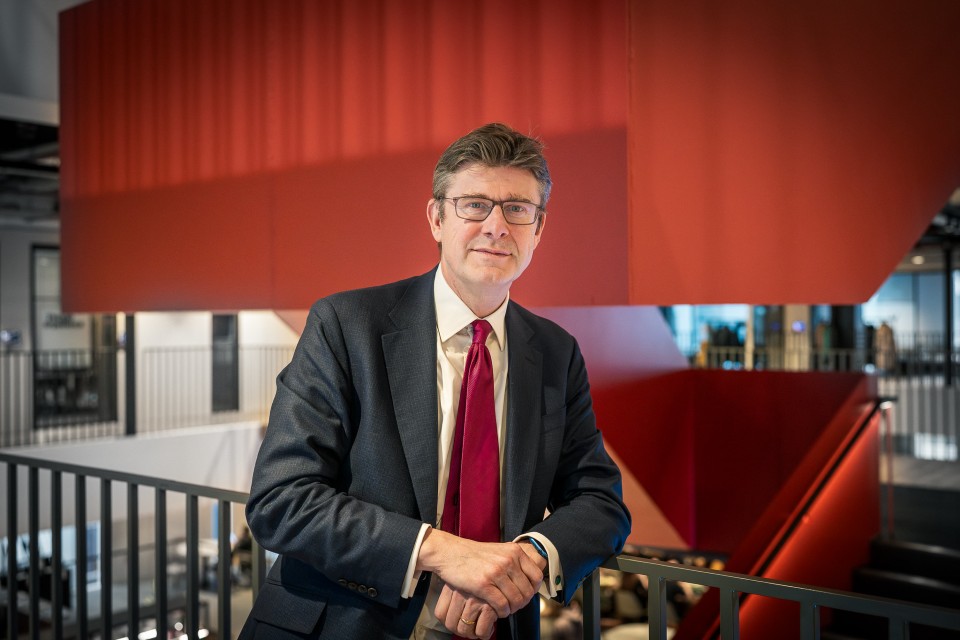A moment of maturity for local government
The Prime Minister said on Monday that at the heart of the Big Society is rebuilding responsibility and giving people more control over their…

The Prime Minister said on Monday that at the heart of the Big Society is rebuilding responsibility and giving people more control over their lives. Both principles are exemplified in the ways in which local councils treat the voluntary sector. Councils who have had their eyes and ears open have known for years that an era of economy is imminent. When we are spending approaching twice as much each year on paying the interest on our national debt than Council Tax raises in England, the reckoning was bound to come - even Alastair Darling warned, as Chancellor, of imminent “deep and tough” cuts in public spending.
In these dire circumstances, the burden of adjustment on Local Authorities was made as sensibly as it could have been. We changed the formula we inherited to give relatively more help to areas of deprivation; imposed a maximum reduction in spending power of 8.8 percent next year (with an average of 4.4 percent); and ensured councils most reliant on central funding to have proportionately lower falls in grant, so that people in Hackney will receive £1043 per head and those in Wokingham £125 per head. And, when this period is over, formula grant will not be at the level it was thirty years ago in cash terms, but what it was as recently as 2008.
In years past, central government micromanaged what local councils did with their money. They were increasingly forced to become more like branch offices for Whitehall than bastions of local choice. By getting rid of ring fencing and the over prescription of Comprehensive Area Assessment we have given unprecedented new freedoms to councils to choose how best to spend their taxpayers’ money. For most councils this is liberation. For a few, though, the chains that bound them have come to be worn as a security blanket to avoid having to think independently and responsibly. That’s why I believe the way in which a local council approaches the cuts is the first public test of its underlying competence and responsibility in the new localist world. It is the first of many signals to its electorate of whether theirs is a council leadership worth having. Some, like Hammersmith and Fulham, Westminster, Kensington and Chelsea, Trafford and West Cheshire and Chester have seized on the opportunity to do things differently and better. Others, having failed to prepare for what everyone else knew was coming, have used the pressure not as a chance to do things differently, but to dole out cuts in a crude and regressive way.
I believe that the key test of responsibility is how a council deals with its voluntary and community sector. Any council that cuts funding to voluntary and community groups and to social enterprises by more than it makes economies in its own operations will have outed itself as falling short of the standard of responsibility people expect. People need to know that, which is why we are requiring every council to publish changes to what it spends in-house and changes to what it spends with the voluntary sector.
But the best councils are going beyond this basic level of responsibility. They are recognising that sitting down with their local voluntary sector to explore what other services they can provide can help them transform the services they deliver to the public. They are releasing the voluntary sector from the walled garden of small grants into which they have been confined and allowing community groups access to more of the council’s services.
The Localism Bill, currently before parliament, entrenches rights for local voluntary groups to be taken seriously when they have good ideas about how things can be done differently. The least progressive councils fear that challenge but the best are embracing it already. That’s why I think - and I expect local people will - that any council contemplating cuts to the voluntary sector would be acting unreasonably if they simply handed down those cuts from on high. Instead they should sit down with every organisation affected for a candid and open conversation as to what alternatives are available and how they could participate in areas of the council’s services that are currently off limits.
As the Prime Minister said, rebuilding responsibility must characterise the Big Society. Responsibility is forged when decisions are difficult. This is a moment of maturity for local government. Taking responsibility - for consequences and for communities - is essential if central and local government are to grow beyond a relationship as between parent and child, to one joining mature adults.